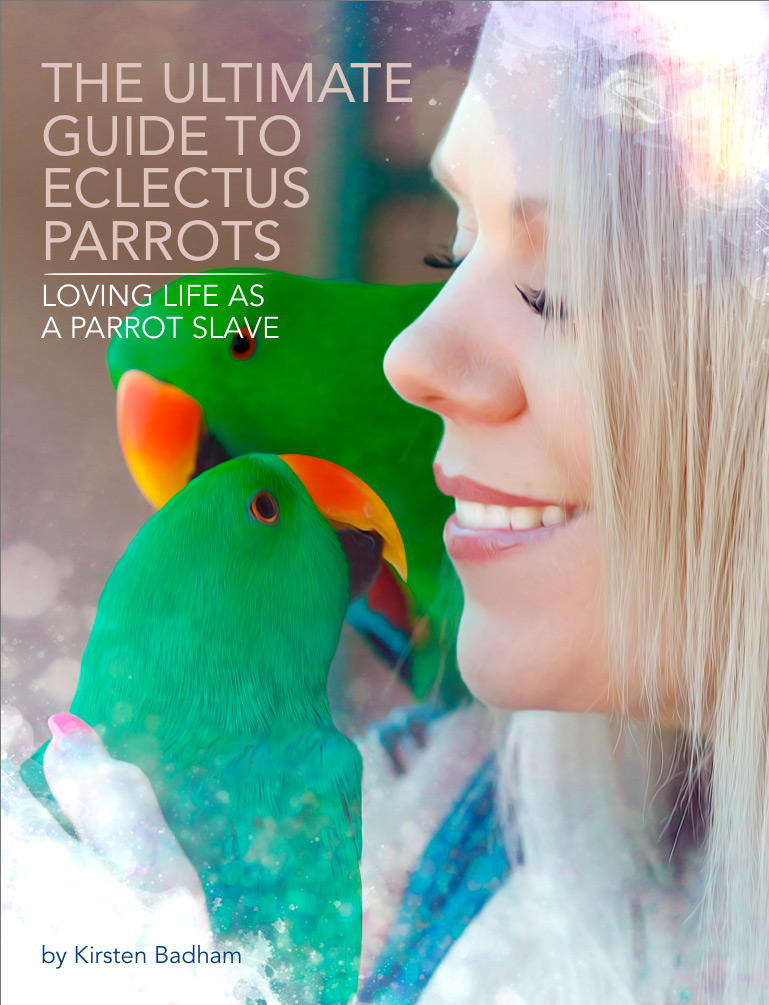Health Information
Noticing and understanding slight changes in your Eckie is critical to saving their life. Our feathered kids will try to tell us they are sick and if we know what to look for, we can better understand their cues. Monitor your Eckie on a daily basis. Take note of slight changes in behaviour, eating habits, weight loss, mood changes, feather quality and droppings.
Keeping weight charts helps monitor normal weight fluctuations and alerts you to abnormal weight loss.
The basic signs of an unwell bird are as follows:
- Fluffing up their feathers to retain body heat. Hunkering down close to the perch
- Lethargy
- Regurgitation – other than normal hormonal related regurgitation
- Weakness
- Loss of appetite
- Continued sneezing (This is not always a sign of illness. Parrots may sneeze for a variety of reasons: dust, pollen, airborne irritants, change in weather, dry air or they may have a small feather irritating their nares. Ensure you monitor your Eckie closely to rule out irritants.)
- Wet or dry encrusted mucus around the nares
- Change in demeanour e.g. depression, aggression
- Dirty feathers or unkempt plumage
- Decreased vocalisation
- Unusual droppings
- Diarrhoea
- Increased defecating
- Increased thirst
- Sudden feather picking or irritated behaviour
- Vomiting (This is different to regurgitation-Parrots shake their heads vigorously when vomiting and food will often be found on the top of their head.)
- Inability to perch including hunkering down on the bottom of the cage
- Tail bobbing – can indicate respiratory infection and serious illness
- Open mouth breathing – can indicate respiratory infection and serious illness
- Dizziness – unable to stand up, unable to walk or fly
- Head tilting abnormally
- Seizures
If your Eckie is exhibiting any of the above symptoms, please seek veterinary assistance immediately. Don’t wait to see how they go. Parrots have lost their lives unnecessarily because people wait to see if the illness will get worse. Many illnesses can be overcome if detected and treated in the very early stages.



